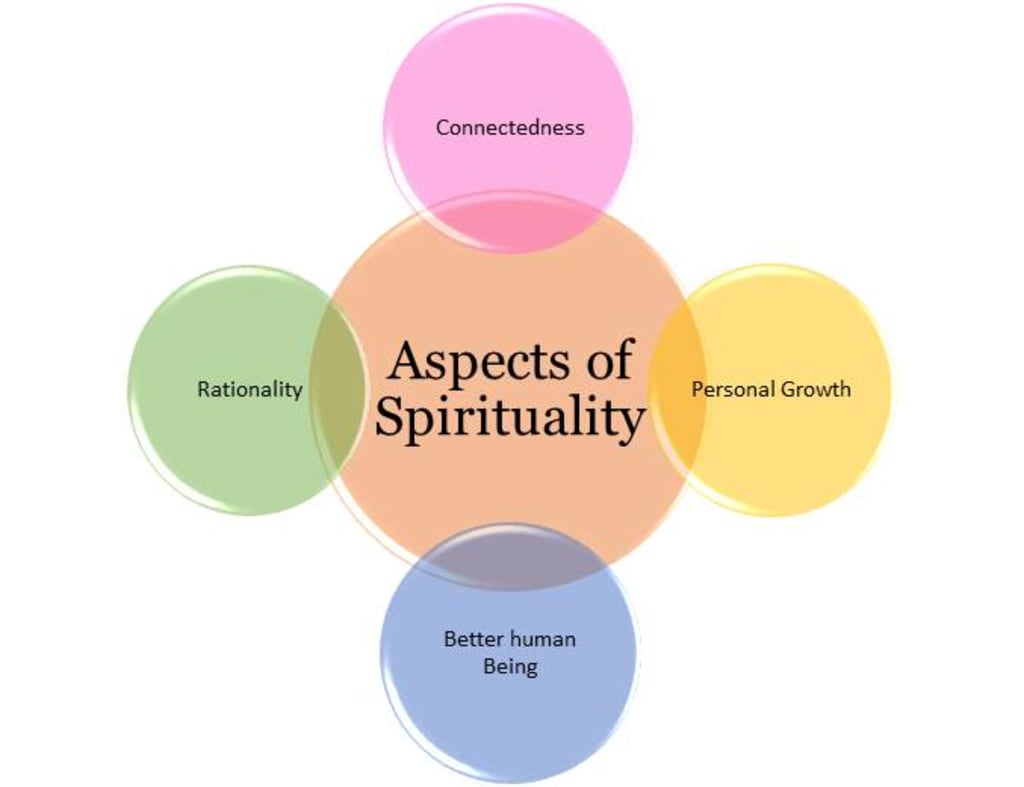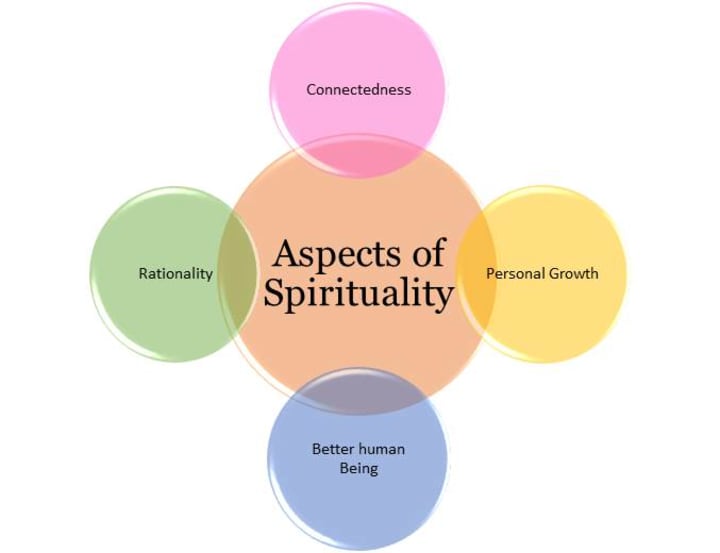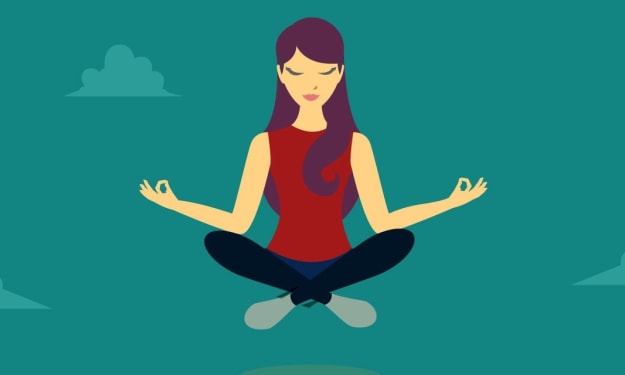What is Spirituality?
Guidelines for Interpreting What is Spiritualism

Spirituality is a state of being that is less tangible than a material reality, and it is an essential part of the human experience that goes beyond recognizing mere physical existence. It connects the individual to a greater power and allows them to reflect upon and explore their deepest values, commitments and beliefs. In this sense, it is often a source of personal and spiritual growth, as it helps to form a sense of meaning in life, while at the same time, providing a foundation to practice self-love, self-reflection and self-care.

Spirituality can take on many different forms, depending on the particular person. For some, it may be about connecting with a higher power, such as a deity or an abstract concept. Theistic spirituality refers to belief and relationship between an individual and the divine, such as that found in most of the world's religions. Other forms of spirituality can involve the pursuit of living ones’ life in accordance with an ethical, moral, or spiritual code. Regardless of the form, all forms of spirituality involve developing an internal relationship with the self and gaining a greater understanding of one’s own personal identity.
It has been theorized that all individuals experience a form of spirituality in one way or another, as it has become increasingly recognized as an integral part of human development and well-being, particularly in the area of mental health. Studies have found that nature can be a source of spiritual connection, as the concept of something bigger than oneself often inspires feelings of wonder, awe, and inner peace. This spiritual experience is often referred to as eco-spirituality, and the pathways to it can be found through various forms of meditation, self-care, mindfulness, and nature experiences.

Spirituality is also a source of human connection, as it can help to form deeper bonds between individuals who share similar values and beliefs. This sort of spiritual connection can be experienced through conversations, prayer, or gathering together in rituals. While different forms of spirituality may lead to different experiences and paths, the ultimate goal of all is the same: to feel a sense of peace and purpose in one’s life, as well as finding a connection to the self, the other, and the Divine.
In sum, spirituality is an essential part of the human experience, providing pathways to connection with the self, the other, and the Divine. From recognizing a higher power to living a life in accordance with a spiritual or moral code, spirituality helps to provide a source of meaning and purpose in life, while also helping to form an internal connection with the self.
Spirituality is a state of being that is less tangible than a material reality, and it is an essential part of the human experience that goes beyond recognizing mere physical existence. It connects the individual to a greater power and allows them to reflect upon and explore their deepest values, commitments and beliefs. In this sense, it is often a source of personal and spiritual growth, as it helps to form a sense of meaning in life, while at the same time, providing a foundation to practice self-love, self-reflection and self-care.
Spirituality can take on many different forms, depending on the particular person. For some, it may be about connecting with a higher power, such as a deity or an abstract concept. Theistic spirituality refers to belief and relationship between an individual and the divine, such as that found in most of the world's religions. Other forms of spirituality can involve the pursuit of living ones’ life in accordance with an ethical, moral, or spiritual code. Regardless of the form, all forms of spirituality involve developing an internal relationship with the self and gaining a greater understanding of one’s own personal identity.
It has been theorized that all individuals experience a form of spirituality in one way or another, as it has become increasingly recognized as an integral part of human development and well-being, particularly in the area of mental health. Studies have found that nature can be a source of spiritual connection, as the concept of something bigger than oneself often inspires feelings of wonder, awe, and inner peace. This spiritual experience is often referred to as eco-spirituality, and the pathways to it can be found through various forms of meditation, self-care, mindfulness, and nature experiences.
Spirituality is also a source of human connection, as it can help to form deeper bonds between individuals who share similar values and beliefs. This sort of spiritual connection can be experienced through conversations, prayer, or gathering together in rituals. While different forms of spirituality may lead to different experiences and paths, the ultimate goal of all is the same: to feel a sense of peace and purpose in one’s life, as well as finding a connection to the self, the other, and the Divine.
In sum, spirituality is an essential part of the human experience, providing pathways to connection with the self, the other, and the Divine. From recognizing a higher power to living a life in accordance with a spiritual or moral code, spirituality helps to provide a source of meaning and purpose in life, while also helping to form an internal connection with the self.
About the Creator
MDABDUL HANNAN
Online Business | Search Engine Optimization | Amazon Affiliate Marketing






Comments
There are no comments for this story
Be the first to respond and start the conversation.